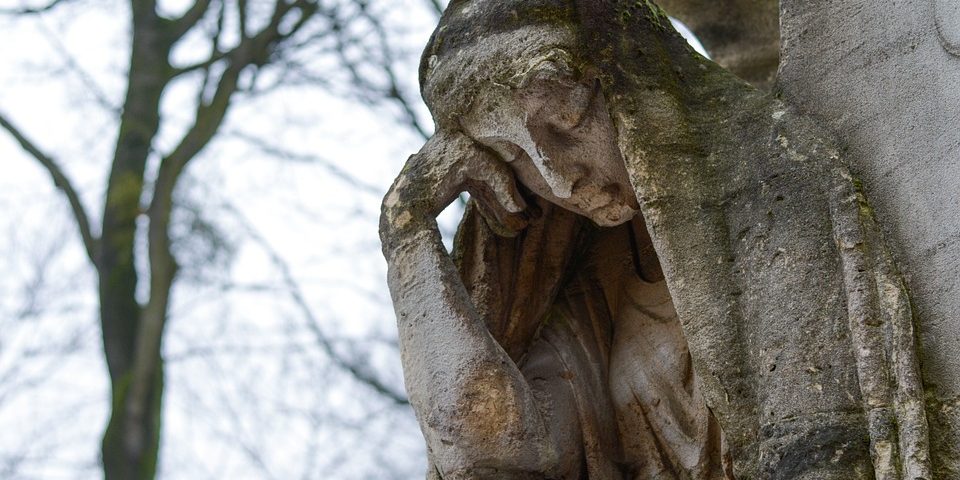Actually, it’s grace to be called a sinner, and a personal achievement to believe it.
A doctor’s diagnosis is sometimes a frightening thing, but it’s necessary. Terrible news, undoubtedly it sometimes is, but it can also save your life. Bad news is often necessary. The facts look at us, so we should look at them, Churchill said. To ignore facts is to flirt with peril. This is true in all areas of life. Understanding this basic principle, accepting it and living it, belongs to human maturity and human preservation. It is what being a sensible person entails: accepting the truth, even when it’s not pleasant.
It’s true also in the spiritual and moral life. Bad news is sometimes necessary. That’s why it’s grace to be called a sinner. The Bible doesn’t convict us, nor does the Church admonish us, merely for the pure misery of it; rather, we’re told we’re sinners in the same way the doctor tells a patient that he or she is sick. And as a patient doesn’t begrudge the doctor who discovered his or her cancer, but asks what he or she should do next, neither should we begrudge the brother or sister who calls us a sinner. Because as with the body, so with the soul: diagnosis leads to therapy and therapy leads to healing.
And believe it or not, this is the sort of community Jesus meant to create, a community of disciples brave enough to call each other sinners. “If your brother sins, go and tell him his fault” (Mt. 18:15). Jesus wanted his disciples to be radical people of truth, humble and honest about sin in the world but also about our own sins. That’s why Jesus praises the tax collector in this passage from Luke. Because he’s honest. He knows he’s a sinner and accepts it. No excuses, no rationalization, no defensiveness, no redefinition of sin, just, “O God, be merciful to me a sinner” (Lk 18:13). That’s why Jesus said he was “justified.” Because he accepted the grace of the truth that he was a sinner. Because he was honest.
And so, the point is simple. As Christians, are we mature enough to be called sinners? Without getting defensive, without deflection, without trying to redefine sin, can we hear that we’re sinners? Can we quiet ourselves, our excuses and rationalizations, and simply beg for mercy? Can we be as moral as the tax collector? Can see that we’re sinners? It’s an important question. Because if we can’t, our Christianity isn’t Christianity but a fantasy instead. Which doesn’t offer mercy but something else, something apparently kind but in reality, eternally cruel.
So, embrace the grace of being a sinner. Because it’s truth. And also mercy and also joy.










